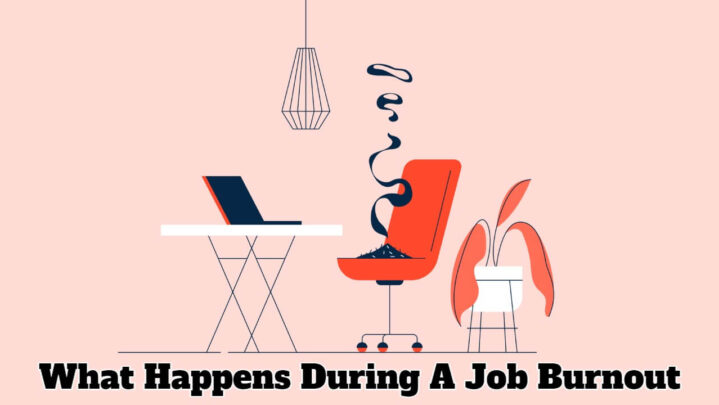Working in high-stress workplaces frequently experiences job burnout and chronic physical and emotional tiredness. In addition, it is often characterized by various physical, emotional, and mental symptoms that can seriously affect a person’s health and ability to perform at work.
Physical signs of job burnout include a lack of energy, chronic weariness, and recurrent ailments like colds or headaches. Changes in appetite or sleeping patterns may also result, with some people oversleeping or developing insomnia. In addition, chronic stress and tiredness can erode the immune system, leaving people more prone to disease and harm.
Emotional signs of job burnout include increased irritability, mood swings, and decreased motivation. It also leads to cynicism or separation from work, colleagues, and earlier enjoyed activities. In addition, individual personalities with job burnout often experience the disappointment of enthusiasm and passion for their work, which can negatively affect their job pleasure and overall well-being.
Mentally, job burnout can impair one’s ability to concentrate, recall information, and make decisions. As people battle with a perceived reduction in their capacity to carry out their job obligations efficiently, it may also result in feelings of inadequacy or low self-esteem. In addition, because people may frequently feel overburdened or unable to handle the demands of their jobs, job burnout can also lead to higher stress and anxiety levels.
Job burnout affects people in many ways and can harm their physical, emotional, and mental health. It may also lead to chronic fatigue, emotional anguish, and mental challenges that compromise everyday functioning and lower quality of life. Therefore, it can be essential to recognize the symptoms of job burnout and take action to address it, such as getting therapy or changing work patterns to avoid future harmful effects.





